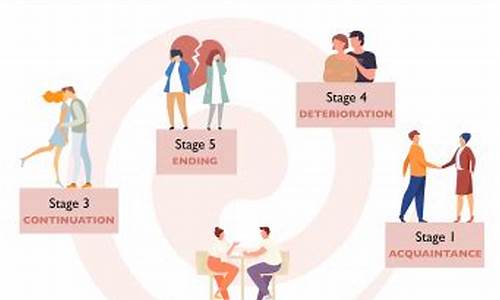The Relationship Between Healthy Eating and Weight Loss
Healthy eating is a crucial factor when it comes to weight loss. Unlike extreme diets or quick-fix solutions, a balanced and nutritious diet offers a sustainable approach to shedding unwanted pounds. In this article, we will explore the connection between healthy eating and weight loss, focusing on the importance of nutrition, portion control, and long-term lifestyle changes. We will also discuss how eating the right foods can improve metabolism and overall health, contributing to successful weight management.
Understanding the Role of Nutrition in Weight Loss

A healthy diet plays a significant role in weight loss. By choosing nutrient-dense foods like fruits, vegetables, lean proteins, and whole grains, individuals can create a calorie deficit without compromising their health. These foods provide essential vitamins and minerals while being lower in calories, making them ideal for those seeking to lose weight. Additionally, eating high-fiber foods can help with digestion and provide a feeling of fullness, reducing overeating.

Portion Control and Its Impact on Weight Loss

Another key element in weight loss is portion control. Even healthy foods can lead to weight gain if consumed in excessive amounts. By understanding proper portion sizes, individuals can avoid overeating and maintain a healthy calorie intake. Mindful eating techniques, such as eating slowly and savoring each bite, can also help individuals recognize when they are full, preventing unnecessary calorie consumption.
The Importance of Consistency and Lifestyle Changes

Consistency is vital when it comes to weight loss. Adopting healthy eating habits and making them part of your daily routine ensures long-term success. Extreme diets that offer quick weight loss may lead to temporary results, but they are often unsustainable. Instead, focusing on gradual, consistent changes in eating habits and incorporating physical activity into your lifestyle is the best way to achieve and maintain a healthy weight.

How Healthy Eating Boosts Metabolism
Healthy eating can also play a role in boosting metabolism. Nutrient-rich foods like lean proteins, whole grains, and healthy fats are known to increase the metabolic rate. Additionally, eating smaller, more frequent meals throughout the day can keep the metabolism active and help with weight loss. Staying hydrated and limiting the intake of processed foods also contribute to a more efficient metabolism.
Final Thoughts on Healthy Eating and Weight Loss
In conclusion, the relationship between healthy eating and weight loss is undeniable. A balanced diet that focuses on nutrient-dense foods, portion control, and consistency can lead to effective and sustainable weight loss. By making small but impactful changes to your diet and lifestyle, you can achieve your weight loss goals while improving your overall health. Always remember that healthy eating is not just about losing weight—it’s about creating a lifestyle that supports long-term well-being.